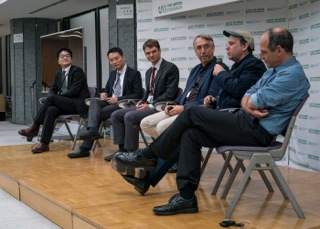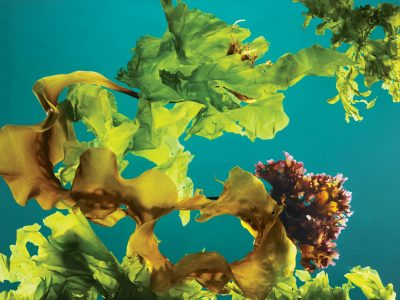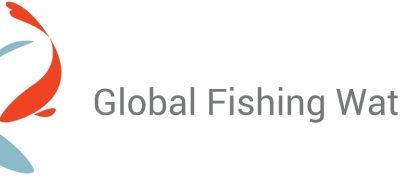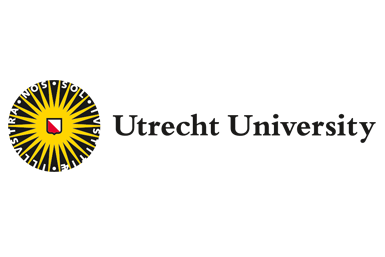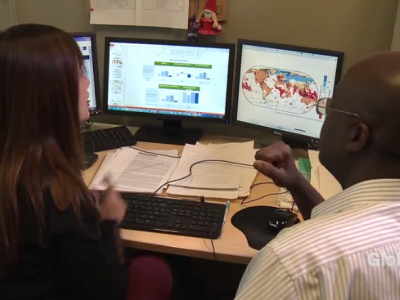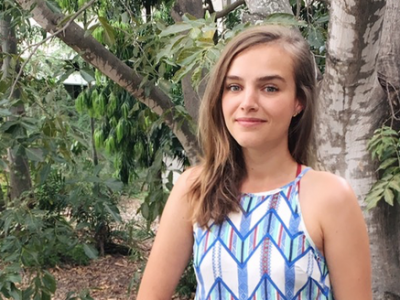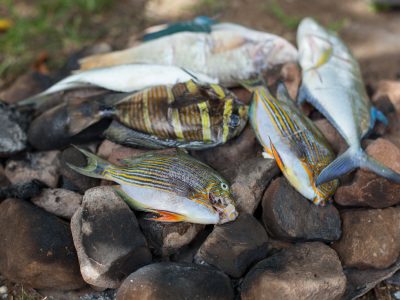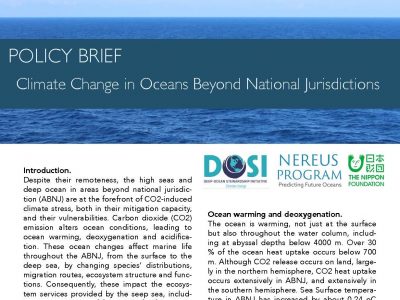“Limits of the Oceans” Symposium A Success
From December 21 to 22 , 2017, Principal Investigators from new partner institutes of the Nippon Foundation-Nereus Program convened in Tokyo to present research and engage in rich discussions of the various challenges facing the world’s oceans. Speakers covered a diverse range of topics, including climate change impacts on marine ecosystems, the role of fisheries and food security in the South Pacific islands, and the complexity of social responsibility in seafood supply chains



